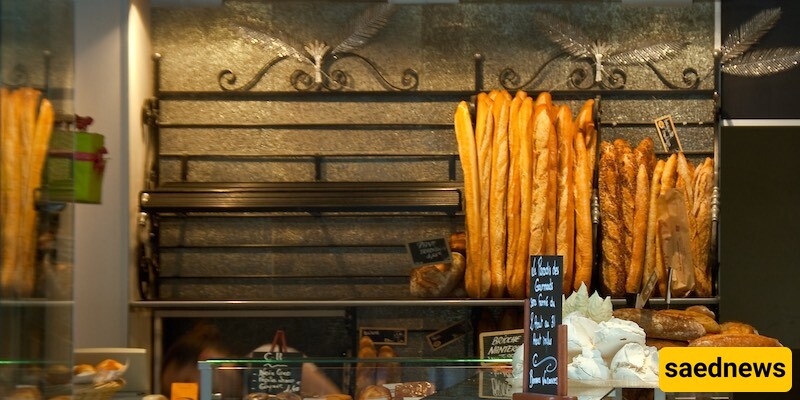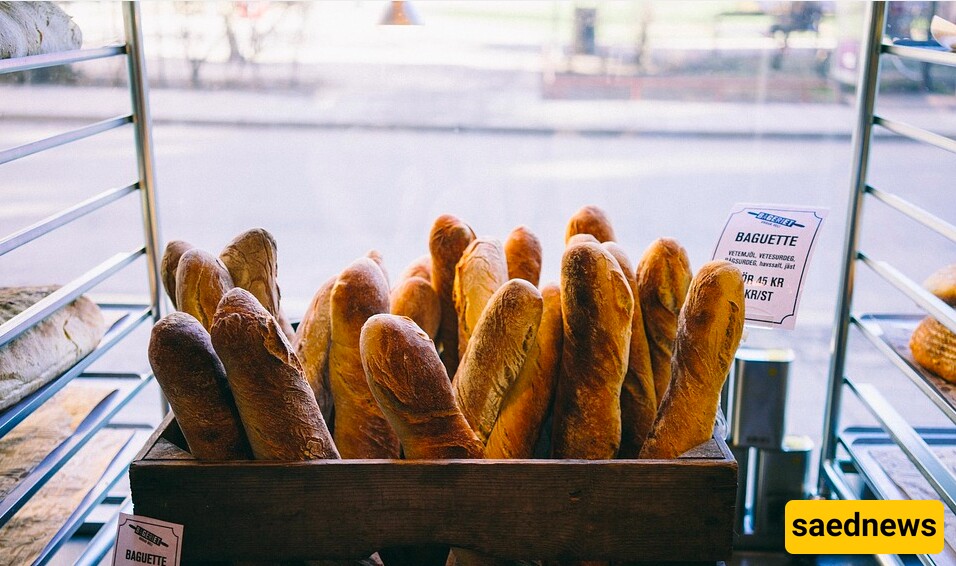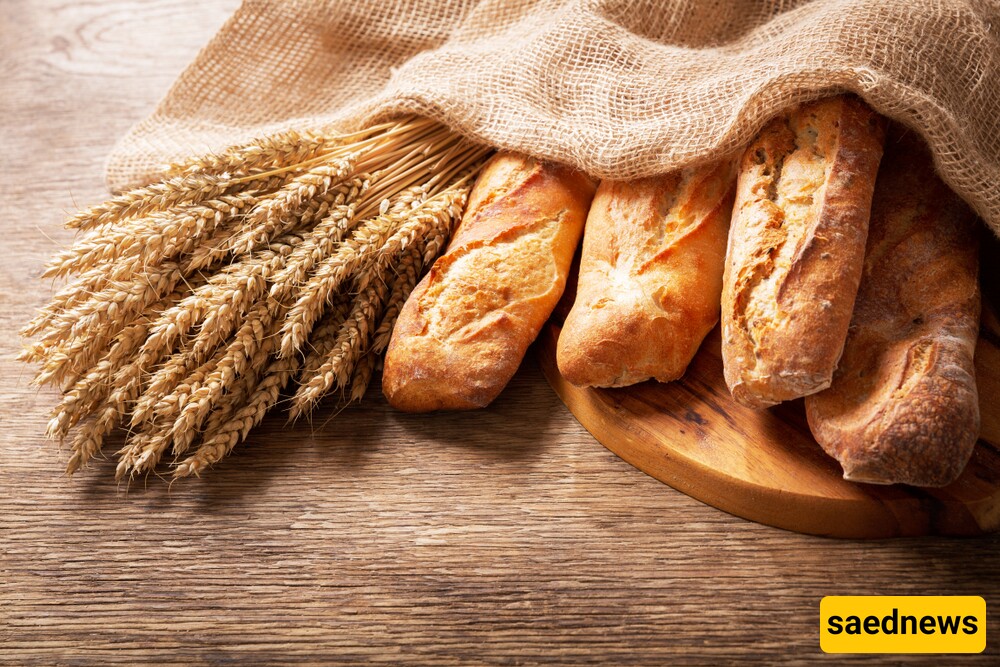SAEDNEWS: The Day of the Baguette celebrates one of France’s most cherished culinary icons. On this occasion, the French honor the craft of baguette-making, its cultural importance, and its place in everyday life.

According to SAEDNEWS: baguette is more than just a loaf of bread in France—it is a symbol of the nation’s rich culinary history. On the Day of the Baguette, celebrated each year on May 16th, the French come together to honor this iconic food. This day highlights its cultural importance and the craftsmanship behind its creation.

The Day of the Baguette was established in 1997 to celebrate the cultural value of this bread. The date was chosen to coincide with the introduction of the patente system, which regulates bakeries in France. This day serves to recognize the skill of French bakers and to emphasize the baguette’s deep ties to French identity.
Bakeries Take Center Stage
Across France, bakeries celebrate by offering fresh baguettes and hosting special events. Many bakeries hold competitions to determine the best baguette, with customers invited to participate. Some areas organize tastings where people can sample different types of baguettes and meet the bakers who craft them.
Classic Baguette Pairings
A highlight of the day is enjoying a baguette paired with classic French accompaniments like butter, cheese, or cured meats. This simple pleasure brings people together to enjoy the flavors and textures that make the baguette so special in everyday French meals.
A Symbol of France
The baguette holds a significant place in French culture. It’s not just a food item; it’s a symbol of national pride. Integral to daily meals, the baguette represents French culinary tradition and expertise. Its light interior and crisp crust make it unique, reflecting the balance of simplicity and sophistication that defines French cooking.
Bread as a Cornerstone of French Life
In France, bread is an essential part of life, and the baguette is at the heart of it. Its presence on tables across the country—whether at breakfast, lunch, or dinner—makes it an irreplaceable part of the French dining experience.

Baking a perfect baguette requires great skill. Bakers mix simple ingredients—flour, water, yeast, and salt—and allow the dough to rise slowly to develop its flavor. The dough is shaped into long loaves and baked at high temperatures to create the golden, crispy baguette that is so loved. Though the traditional baguette is the most common, there are other variations, such as the baguette de tradition, which follows a strict recipe of just four ingredients, and the baguette viennoise, which is sweeter and contains milk and butter. These variations add depth to the baguette’s versatility.
For many French people, buying a baguette is a daily routine that goes beyond just purchasing bread; it’s a moment of connection with the local community, where neighbors greet each other and interact with the baker. This simple act of sharing bread is seen as a significant part of French social life, fostering a sense of togetherness. Beyond France, the baguette’s cultural influence has spread worldwide, with many countries adopting the tradition of baking long, thin loaves inspired by the French version. Internationally, the baguette remains a symbol of French cuisine, cherished for its taste, versatility, and the connections it creates among people
The Day of the Baguette is a celebration of French craftsmanship, tradition, and the simple joys of life. It’s a day to reflect on the importance of this iconic bread and the cultural values it represents. The baguette continues to be a symbol of French culinary excellence and remains an integral part of French daily life and national identity.

